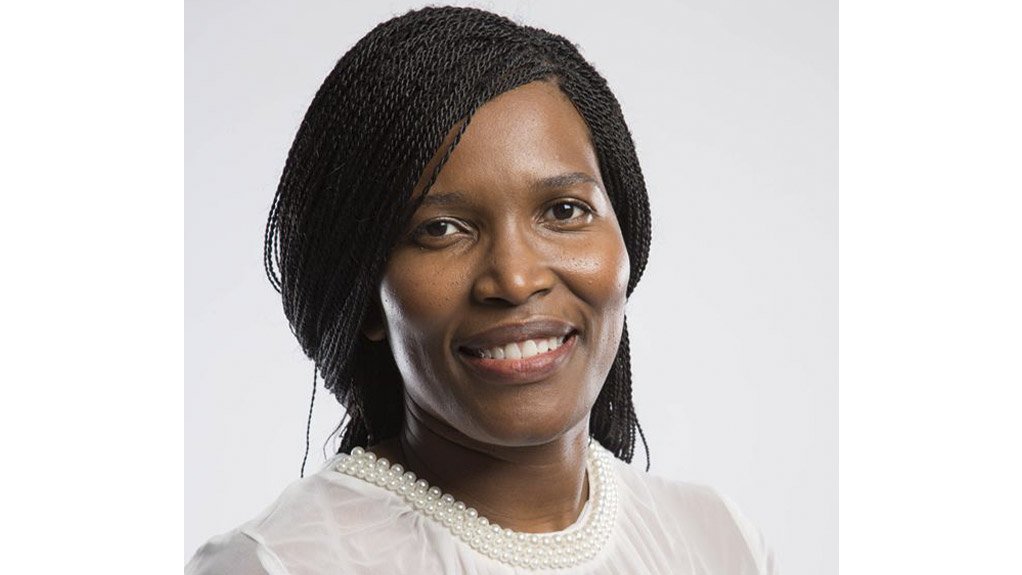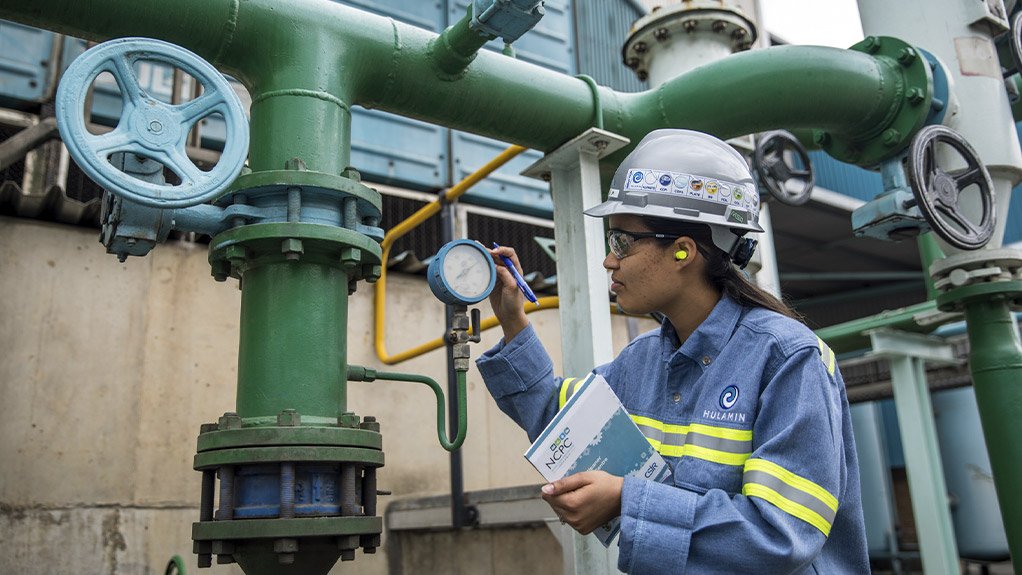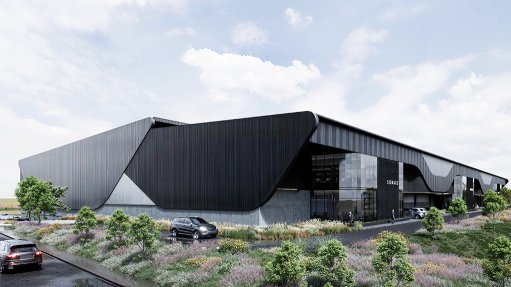Free courses promote women involvement



NGOANATHARI MAJA There has been an encouraging, steady increase of women participating in NCPC-SA’s training courses, although there is still some way to go
THE IEE PROJECT COURSES The NCPC-SA aims to encourage and increase women’s participation in the implementation of energy and other resource efficiency projects
The National Cleaner Production Centre South Africa (NCPC-SA) aims to encourage and increase women’s participation in the implementation of energy and other resource efficiency projects in industry and, in commemoration of Women’s Month, is offering female engineers the opportunity to apply for free training.
The majority of the courses are offered through the Industrial Energy Efficiency (IEE) project. The IEE project is an initiative implemented in partnership with the United Nations Industrial Development Organization (Unido) that aims to improve the energy efficiency of South African industry. The NCPC-SA and Unido have developed several energy-related courses and currently NCPC-SA offers 11 training courses, says NCPC-SA project manager Ngoanathari Maja.
There has been an encouraging, steady increase of women participating in NCPC-SA’s training courses, although there is still some way to go. “About 35% of students who participate in our training courses on a yearly basis are women,” she adds.
Maja believes that such a statistic is a reflection of current developments in the industry and emphasises the importance of creating greater opportunities for women to get involved in roles that allow them to influence energy consumption in their companies.
These roles could range from being an engineer, a technician, an operator or a maintenance fitter to a design engineer, a plant manager or an engineering manager.
“The more women we have in these types of roles, the better the participation of women in the energy efficiency space will be,” she adds.
While there has been an increase in women involvement in the NCPC-SA courses, Maja says women are still hesitant to develop deep expertise in the more technical energy courses on offer.
“For example, we have only three women qualified in our energy systems optimisation courses, whereas 54 women graduated as experts in our ISO50001 Energy Management System course.”
She says there is a need to ensure that women are aware of these opportunities to enable them to assume more technical roles in the industry.
An increase in the number of women who enrol in the more technical courses can be achieved by creating a supportive workspace that encourages women in engineering to further their careers, notes Maja.
She adds that a young female graduate entering the job market needs to see the possibility of advancing to occupy the position of, for example, a plant manager or an engineering manager.
Moreover, Maja points out that the NCPC-SA’s commitment to women empowerment is also demonstrated by women comprising 68% of the team leading and supporting the delivery of the IEE project in South Africa.
“I think this shows that, given an opportunity, women can make a meaningful contribution to and impact on the energy field, as well as the broader climate change mitigation effort.”
Maja adds that women should be encouraged to get involved, supported to advance their knowledge and skills, and given an opportunity to apply themselves.
Maja currently occupies the role of project manager for the NCPC-SA, with a large portion of her work focusing on the NCPC-SA’s energy portfolio through the IEE project.
She concludes that the NCPC-SA’s training courses close the gaps in energy management knowledge and skills typically not covered in a traditional university curriculum.
Consequently, women “can step into these energy management careers with more confidence, as they will be well equipped to perform exceptionally well in their roles upon completion of the course”.
Article Enquiry
Email Article
Save Article
Feedback
To advertise email advertising@creamermedia.co.za or click here
Announcements
What's On
Subscribe to improve your user experience...
Option 1 (equivalent of R125 a month):
Receive a weekly copy of Creamer Media's Engineering News & Mining Weekly magazine
(print copy for those in South Africa and e-magazine for those outside of South Africa)
Receive daily email newsletters
Access to full search results
Access archive of magazine back copies
Access to Projects in Progress
Access to ONE Research Report of your choice in PDF format
Option 2 (equivalent of R375 a month):
All benefits from Option 1
PLUS
Access to Creamer Media's Research Channel Africa for ALL Research Reports, in PDF format, on various industrial and mining sectors
including Electricity; Water; Energy Transition; Hydrogen; Roads, Rail and Ports; Coal; Gold; Platinum; Battery Metals; etc.
Already a subscriber?
Forgotten your password?
Receive weekly copy of Creamer Media's Engineering News & Mining Weekly magazine (print copy for those in South Africa and e-magazine for those outside of South Africa)
➕
Recieve daily email newsletters
➕
Access to full search results
➕
Access archive of magazine back copies
➕
Access to Projects in Progress
➕
Access to ONE Research Report of your choice in PDF format
RESEARCH CHANNEL AFRICA
R4500 (equivalent of R375 a month)
SUBSCRIBEAll benefits from Option 1
➕
Access to Creamer Media's Research Channel Africa for ALL Research Reports on various industrial and mining sectors, in PDF format, including on:
Electricity
➕
Water
➕
Energy Transition
➕
Hydrogen
➕
Roads, Rail and Ports
➕
Coal
➕
Gold
➕
Platinum
➕
Battery Metals
➕
etc.
Receive all benefits from Option 1 or Option 2 delivered to numerous people at your company
➕
Multiple User names and Passwords for simultaneous log-ins
➕
Intranet integration access to all in your organisation




















